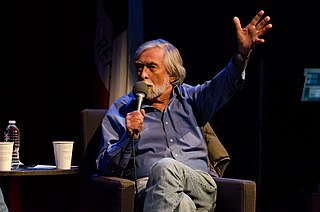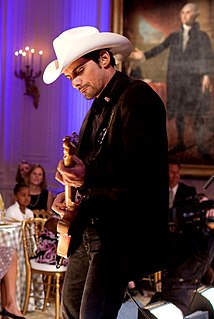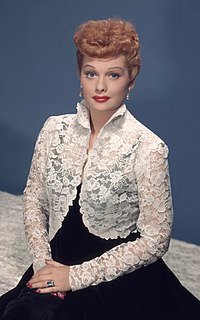A Quote by Marcel Wanders
Humor has the tendency to be funny once. If I tell you a joke, we're going to have a big laugh. But the second time I tell the joke, it's going to be a bit strange, and the third time you're going to ask if there's something wrong with me. So I am very cautious with jokes, but there is a lightness in my work.
Related Quotes
The talented actor needs craft. When you do a stage play, you do it once each night in chronological order. In a film you're going to wind up doing a scene 15-20 times, just by the nature of the process. If I tell you a joke once, it's funny. The more times I tell, the less funny it is. How do you get to the point where you can laugh again? You also may have to cry again and again.
I have become a giant fan of the testing process, especially with a comedy. I mean, they tell you what's funny. It's almost tailor-made for people who shoot the way we shoot, trying a million different options and versions of things. Because the audience doesn't laugh at a joke, we put in another joke. If they don't laugh at the next joke, we put in another joke. You just keep doing them and you can get the movie to the point where every joke is funny, if you have enough options in the can.
Funny stories on set - there are thousands of them, but they are only funny to the people who were on the movies. You start to have inside jokes and gallows humor. You have all kinds of things you laugh at, but as soon as you tell somebody, the joke falls flat because they don't know the context of it.
When you go to a voice-based interaction, you can't tell people, 'Ask me this question and structure it in this way.' And if they ask a question, and you have a bad answer, first time, maybe they'll be okay with it. Third time, they're going to say, 'This is a complete waste of time. I'm going away.'
Humor is so culturally based that when I try to tell a joke as me being a white American, if I tell other white Americans, they'll laugh. If I tell an African American, they might not laugh. In fact, they either might not find it funny, or they might find it offensive, and I didn't mean it to be offensive. So these are the sort of little things that build up over time, just like in a marriage. You know, the little things can build up over time.
If a comedian tells a joke that you find funny, you laugh. If he tells a joke you do not find funny, don't laugh. Or you could possibly go as far as groaning or rolling your eyes. Then you wait for his next joke; if that's funny, then you laugh. If it's not, you don't laugh - or at very worst, you can leave quietly.







































